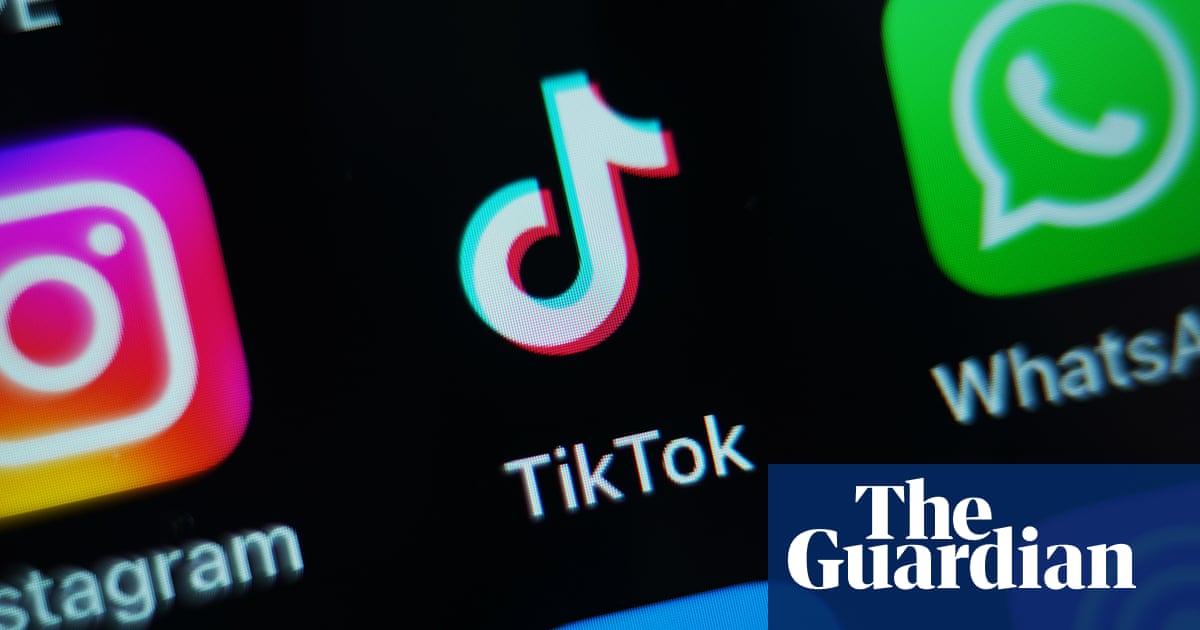The recent news regarding TikTok's €530m fine for failing to protect European user data serves as a significant marker in the ongoing discourse surrounding data privacy, corporate accountability, and geopolitical tensions. This development not only highlights the challenges tech companies face in adhering to stringent regulations like the GDPR but also raises concerns about the influence of foreign governments on digital platforms.
Regulatory Scrutiny and Corporate Responsibility
The Irish Data Protection Commission (DPC) has taken a firm stance against TikTok, emphasizing the app's failure to ensure that user data is protected from potential access by Chinese authorities. By citing specific laws in China that diverge from European standards, the DPC underscores the gravity of the situation and the implications of data sovereignty. TikTok's admission of storing limited European user data in China contradicts its previous statements, which could further erode public trust in the platform.
Public Perception and Community Response
The article may aim to shape public perception around TikTok, particularly in light of growing skepticism about its ties to the Chinese government. By drawing attention to potential data misuse, the DPC's actions may resonate with communities concerned about privacy and data security. This aligns with broader sentiments that have emerged around digital privacy, especially in the wake of various high-profile data breaches.
Hidden Agendas and Broader Implications
While the news focuses on TikTok, it may also serve to distract from other pressing issues in data privacy or tech regulation. The intensity of scrutiny faced by TikTok could reflect wider geopolitical strategies, particularly regarding US-China relations and concerns about tech dominance. This could be a way to galvanize public opinion against foreign-owned tech companies, potentially diverting attention from similar practices by domestic firms.
Impact on the Market and Political Landscape
The financial penalty imposed on TikTok could have ramifications for investor confidence, particularly concerning tech stocks that may be perceived as vulnerable to regulatory actions. Companies operating in the digital space might find themselves under increased pressure to comply with data protection regulations, which could influence their market performance. Furthermore, this situation may fuel political debates over data sovereignty and the regulation of foreign tech companies in Europe and beyond.
Community Support and Target Audience
The article seems to appeal to privacy-conscious users and political groups advocating for stronger data protection measures. Communities that prioritize digital rights and privacy may find common cause in the regulatory actions against TikTok, reinforcing their narratives about the need for accountability in the tech sector.
Geopolitical Context and Global Balance
This development has implications for the global balance of power regarding technology and data governance. The scrutiny of TikTok reflects a broader trend of countries reassessing their relationships with foreign tech companies, particularly those linked to nations viewed as geopolitical rivals. The timing of this news aligns with ongoing discussions about technology regulation and national security.
Considering the language and framing of the article, it does contain elements that could be interpreted as manipulative, particularly in emphasizing the potential risks associated with foreign state access to data. The focus on TikTok's ties to China may evoke a sense of urgency and concern among readers, potentially steering public sentiment against the platform.
In terms of reliability, the article provides factual information about the regulatory findings and TikTok's responses, but the framing may lead to a skewed perception of the company's operations and intentions. The concerns raised are legitimate, yet the broader implications could be overstated.
With these analyses in mind, it is clear that the article serves to inform readers about significant regulatory actions while also shaping the narrative around data privacy and foreign influence in technology.
